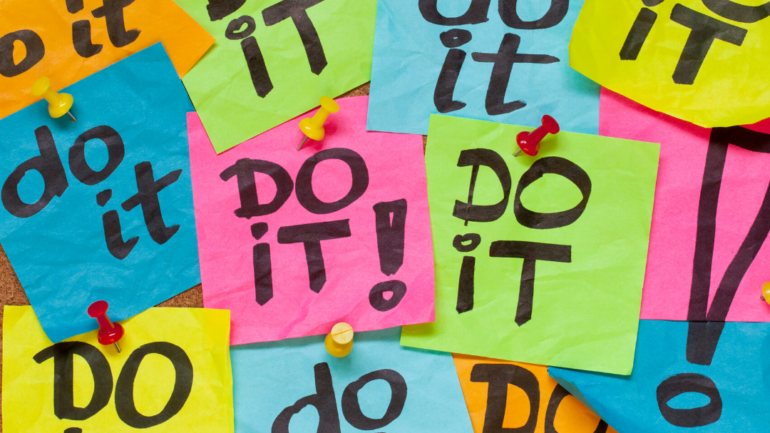With the never ending task of taking care of our homes, businesses, families, and everything in between, it can feel impossible to find the time to engage in much needed self-care. Prioritising your own mental and physical well-being is an essential step in improving your quality of life, and in helping you take better care of those around you.
Intentional action directed at maintaining our physical, mental and emotional health is what we refer to as self-care, which is a crucial step in reaching happy, healthy and content states of well-being. Both are essential for living a fulfilled life. So what can prioritising your self-care and well-being look like?
Be kind to yourself
Nobody is perfect, and with setbacks and failure an unavoidable part of life, being kind to yourself in the face of obstacles is the first way you can practise self care. When February rolls around and life’s back to full speed ahead, it’s no surprise the goals we set for ourselves in the New Year get put on the back burner. We’ve all been there, trying to stick to a perfect diet only to blow out on the weekend, splurging on a gym membership and a new pair of tights, and then struggling to leave the sofa after a big day at work.
It’s easy to feel guilty or disappointed when we fall out of our routine, however, it’s important to remember that having setbacks is completely normal and a part of the process. Being kind to ourselves means that our failures don’t have to be something that demotivates us from getting back into it, rather we use our failures as a chance to reevaluate what’s working and what’s not, and show ourselves some of the kindness we deserve.
So how can you be kind to yourself when you fall out of your routine?
- Acknowledging your feelings. Give yourself permission to feel rather than pushing the emotions away.
- Being patient with yourself. Don’t put too much pressure on yourself when getting back on track. Progress isn’t always linear, and being kind to ourselves allows for positive, steady growth that will stick.
- Baby steps. It can feel overwhelming to think of everything all at once, and when making changes to your routine it’s important to start by taking small steps and gradually building from there.
- Reflect on what caused the setback. Understanding what happened can help you come up with a revised plan to make sure it doesn’t happen again.
Incorporate intentional positive self-talk into your daily routine, this can be standing in front of the mirror and checking in with yourself before you start your day, or journalling at the end of the night to express gratitude for all the hard work you put in. Change takes time and being kind and patient with ourselves will only make the journey more enjoyable.
Practising mindfulness
Research has shown that engaging in the practice of mindfulness can change the physiology of the body and brain in ways that strengthen, heal and protect. There are many different benefits to practising mindfulness, including reducing stress and anxiety, improving productivity,concentration, and sleep, and enhancing overall well-being. Just like most things, mindfulness can take many different forms, and finding one that works for you will make it easy to incorporate this positive habit into your everyday life.
Meditation
The most traditional form of mindfulness. If you haven’t practised meditation before, we recommend downloading an app or watching a guided meditation on youtube to help you. Focus on your breath and bring your attention back to your breath whenever your mind wanders.
Mindful Movement
Many people practise yoga as their mindful movement, but it can be as simple as your daily walk or going to the gym. Take the headphones out and stay in the moment.
Mindful Eating
Put the phone away and turn the TV off during dinner. Pay attention to all the flavours, textures and smells of the food you’re eating. Doing this will help you become more present and in the moment.
Mindful Daily Activities
Mindfulness can be practised during all parts of your day. Brushing your teeth, washing the dishes or taking a shower. Whatever you’re doing, just be present.
Mindfulness and self-care are both skills that take time and practice. It’s not about being perfect, but about taking the time for yourself and prioritising your own well-being. By being kind to yourself and practising mindfulness each day, you’ll find yourself building a more sustainable and enjoyable routine, and paying more attention to yourself and those around you. If you’re interested in reading more about mindfulness and how to form healthier habits, we recommend “Atomic Habits” by James Clear.



